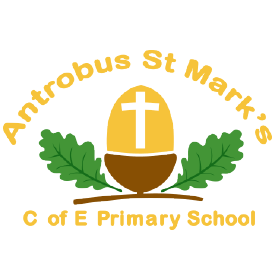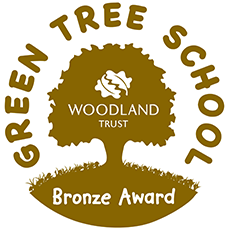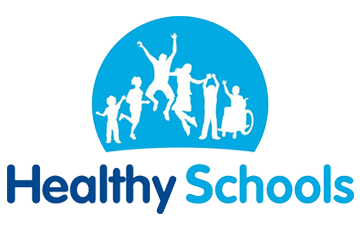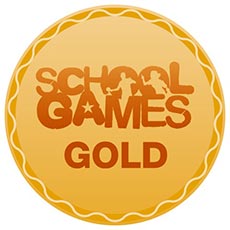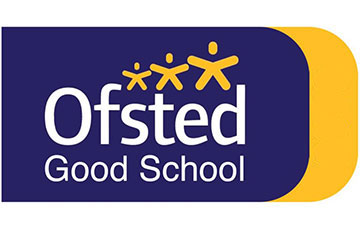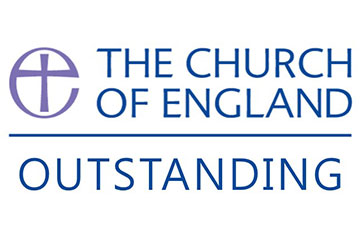Modern Foreign Languages (MFL)

Our Aims and Objectives
At Antrobus St Mark's and Great Budworth Primary Schools, we ensure that our children access quality education in the Modern Foreign Languages with a focus on French. The National Curriculum states that 'Learning a foreign language is a liberation from insularity and provides an opening to other cultures. A high-quality languages education should foster pupils’ curiosity and deepen their understanding of the world'.
The purpose of our teaching is so that pupils can express their ideas and thoughts in another language and to understand and respond to its speakers, both in speech and in writing, communicate for practical purposes and learn new ways of thinking and that we provide the foundation for learning further languages.
The National Curriculum states that the aims of MFL are -
to understand and respond to spoken and written language from a variety of authentic sources
to speak with increasing confidence, fluency and spontaneity, finding ways of communicating what they want to say, including through discussion and asking questions, and continually improving the accuracy of their pronunciation and intonation
to write at varying length, for different purposes and audiences, using the variety of grammatical structures that they have learnt
to discover and develop an appreciation of a range of writing in the language studied

Curriculum Planning
We have chosen French to be our language of choice for our Key Stage 2 children at Antrobus St Mark's and Great Budworth Primary Schools. They will experience spoken and written French from Year 3 through to Year 6 covering a range of different topics that they may experience if they were in France. The aim is to equip children for learning languages further at Key Stage 3 and applying what they have learnt to further work in French as well as other languages.
Children will have the opportunities to -
listen attentively to spoken language and show understanding by joining in and responding
explore the patterns and sounds of language through songs and rhymes and link the spelling, sound and meaning of words
engage in conversations; ask and answer questions; express opinions and respond to those of others
speak in sentences, using familiar vocabulary, phrases and basic language structures
develop accurate pronunciation and intonation so that others understand when they are reading aloud or using familiar words and phrases
appreciate stories, songs, poems and rhymes in the language
broaden their vocabulary and develop their ability to understand new words that are introduced into familiar written material, including through using a dictionary
write phrases from memory, and adapt these to create new sentences, to express ideas clearly
describe people, places, things and actions orally
We use Twinkl French as a basis for our planning, with lessons including discussion, conversation, songs, rhymes and poems. The children will use both spoken and written language. We also learn about the culture, places and people that make France what it is today.

Enrichment and Enhancement
Each year, both schools organise a Modern Foreign Languages Day which is usually across a full day or two mornings. Each class has the focus of a language from anywhere in the world and they learn about the country as well as basic phrases. We have learnt about the culture, climate, geography, traditions, food common to that country, traditional dress, the flag of the country, and basic phrases such as hello and goodbye, numbers to 10, how to say your name and how are you. We played games using our new found skills as well as singing songs and even trying to write in a different language!
This year our younger children looked at France and Germany and our older children learnt all about Spain. Y5/6 also had the opportunity to join a virtual lesson to celebrate European Day of Languages.














